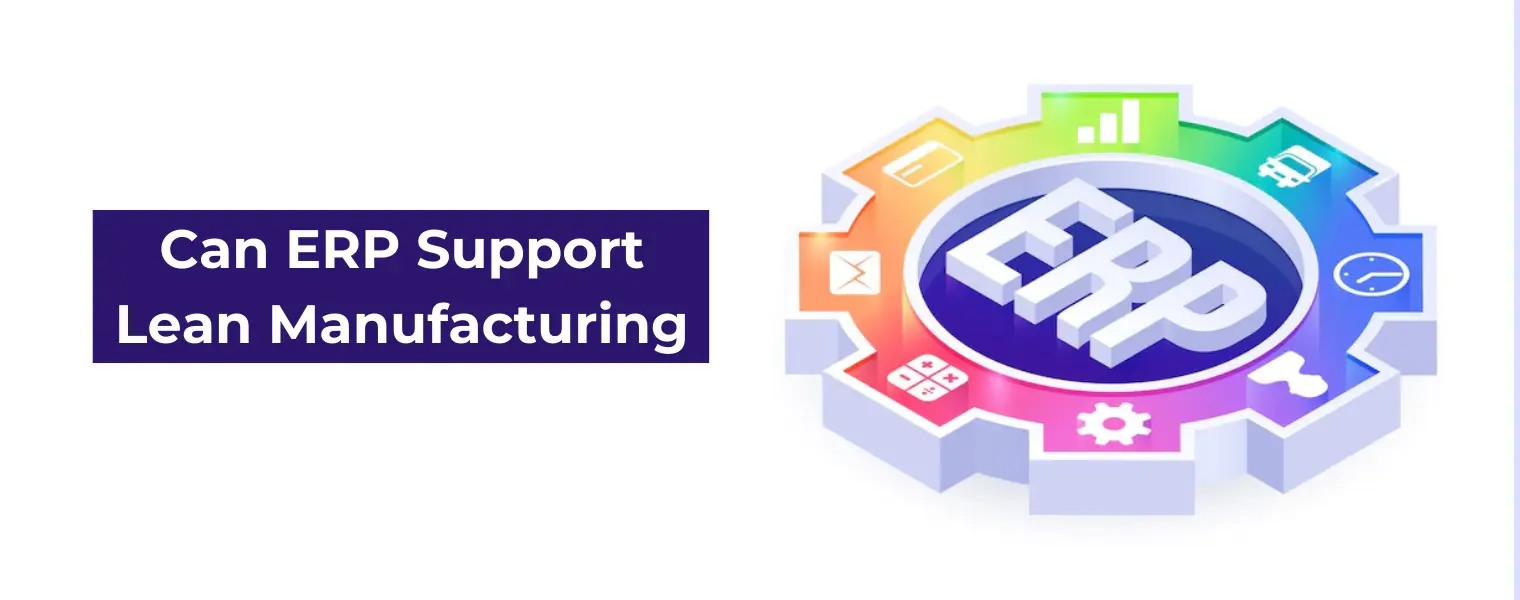
Manufacturers are encountering unique obstacles, with efficiency being more critical now than ever before. Businesses are continuously searching for methods to enhance productivity and decrease waste to stay competitive globally. Lean manufacturing, inspired by the Toyota production system, has transformed the way industries manufacture goods, providing benefits such as improved quality, lead times, and productivity when implemented correctly. However, manufacturers will only see these benefits if they put in place the necessary processes and adopt a strategy of continuous improvement.
Lean manufacturing aims to boost productivity and cut down on waste in the manufacturing process. Waste in this context refers to anything that doesn't add value for the customer, such as unnecessary time, money, or skills. By getting rid of these inefficiencies, companies can streamline operations, lower expenses, and gain a competitive edge in the supply chain.
In every industry, inefficiencies like decreased productivity, manual processes, or unused materials can disrupt the entire supply chain. Lean manufacturing advantages involve optimizing processes, enhancing product quality, and freeing up resources for innovation and quality control. This leads to happier customers, saved time, and saved money.
Inefficiencies can lead to increased costs, missed deadlines, wasted resources, and harm to the environment. They do not contribute to the overall value of the product or service.
Enhancing standards enables companies to stay competitive by adapting to the evolving demands and preferences of their customers. Implementing processes that align with these standards will give you an edge over your rivals.
Cut down on expenses by enhancing processes, managing materials effectively, and fostering strong relationships with suppliers.
Boosting productivity, reducing lead times, and eliminating waste will uplift team spirit.
To minimize waste in your supply chain, start by utilizing data from your ERP system. With manufacturing ERP software, you can gain insights into your plant operations and improve decision-making with up-to-date information. Identify bottlenecks and inefficiencies to streamline your processes effectively. ERP plays a crucial role in enabling lean manufacturing practices.
As a manufacturer, it's important to strike a balance with the amount of raw materials and products you keep in stock. Having too much inventory can lead to waste, but an ERP system can assist in optimizing inventory levels. By utilizing tools for forecasting, maintaining accurate stock levels, and setting minimum and maximum thresholds, an ERP system can automate inventory management. This allows organizations to establish buffer stock levels for essential materials and enhance relationships with suppliers and partners.
Defects can have a negative impact on productivity, team morale, profits, and customer satisfaction, especially when recalls are necessary. Implementing quality processes throughout the manufacturing process, with the help of an ERP system, can reduce waste. By monitoring Key Performance Indicators (KPIs), potential issues affecting product quality can be identified and addressed. This enables proactive maintenance, management, and continuous improvement efforts.
Manual processes are time-consuming and prone to errors. Automating processes based on business rules and visual production scheduling can enhance production planning efficiency. Tracking runtime and production performance data further improves production planning accuracy. ERP systems can automate various production processes, such as converting quotes into Bills of Materials (BOMs), sales orders, and work orders, with ease. Valuable data insights provided by ERP systems offer crucial information to help achieve production goals and monitor KPIs.
Implementing manufacturing ERP software is crucial for adopting lean principles in your manufacturing processes. With tools tailored for enhancing supply chain management, streamlining procurement, and forecasting demand accurately, ERP software is essential. DoFort offers top-notch manufacturing ERP software for lean manufacturing practices. Contact us for more information
Welcome to DoFort !